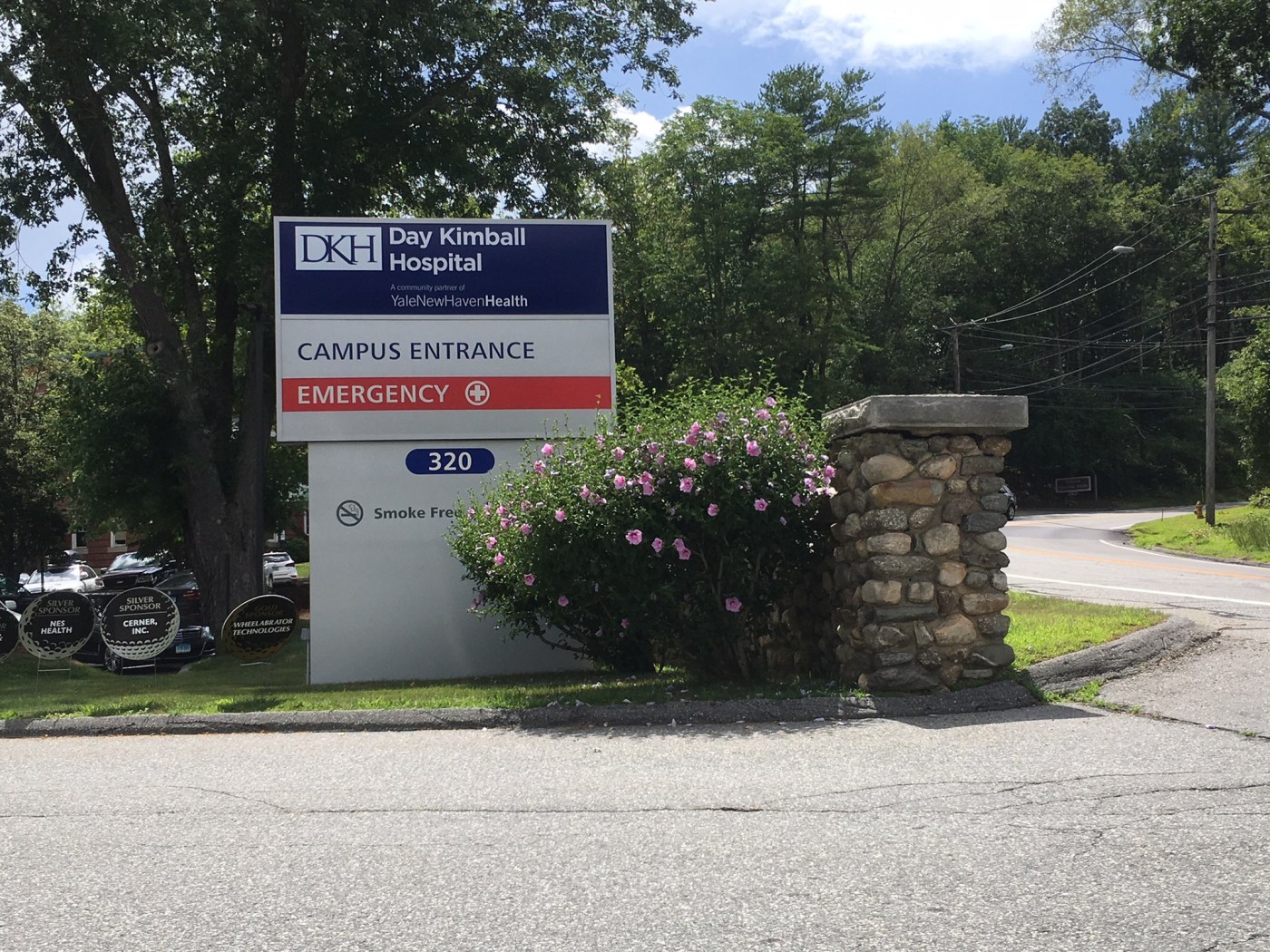URGENT UPDATE: Connecticut’s health care leaders are sounding alarms over the imminent fallout from President Donald J. Trump’s One Big Beautiful Bill Act, which threatens to disrupt access to care for millions of residents. Just two months after its passage, hospital executives warn that critical funding uncertainties could trigger devastating effects on hospitals and patients across the state.
“My best guess is it’s not going to be good for hospital providers and health care in general,” stated Vincent Capece, President and CEO of Middlesex Hospital in Middletown. “There’s going to be less money available, but exactly how much is hard to calculate.” These changes are expected to affect between 100,000 to 170,000 residents who rely on Medicaid, known as HUSKY in Connecticut, over the next decade.
The law imposes stringent limits on Medicaid funding, specifically impacting the hospital provider tax — which currently allows states to maximize federal Medicaid dollars through hospital contributions. This tax rate will drop from 6% to 3.5% by 2031, with immediate implications expected as early as next year when the current provider tax agreement expires.
Health care researchers predict that rural hospitals and those serving a high volume of Medicaid patients will be hit the hardest. As Ben Wade, Chief Strategy Officer at Stamford Health, noted, “We have not identified any programs at this time for closure. We don’t plan to do that.” However, community and rural hospitals may soon have to make tough decisions about service availability.
“It’s starting to look critically and strategically at ‘How do I retool these programs to accomplish the same thing but at a lower cost?’” said Kurt Barwis, CEO of Bristol Hospital.
Hospital leaders caution that the impact will extend beyond those losing Medicaid coverage. “The entire health system and every community we serve will feel the effects,” warned Daniel Keenan, VP of Government Relations at Trinity Health of New England. Crowding in emergency rooms could become a significant issue as uninsured individuals seek care, leading to longer wait times and reduced service quality statewide.
The financial repercussions may also increase costs for those with private insurance. Leaders from both Stamford and Middlesex hospitals fear that reduced government payments will lead to higher premiums as they negotiate with commercial insurers. “If insurers and employers don’t absorb these costs, they will hit people’s premiums,” Wade explained.
One of the most pressing uncertainties lies with the hospital provider tax. Connecticut hospitals currently operate under a federal waiver allowing them to tax at higher rates. As the expiration of this agreement looms in July 2026, hospital executives express concerns about whether the federal government will grant a new waiver.
“It’s a big question mark,” stated Paul Kidwell, Senior VP at the Connecticut Hospital Association. “We’re proceeding as if we can continue, but we need more information from CMS.”
Despite the challenges, some hospital leaders remain cautiously optimistic that the most damaging aspects of the law could be revised or repealed. Wade noted, “If Democrats take control of Congress in the midterms, some changes could be pushed off or unwound entirely.”
As hospitals navigate these turbulent waters, leaders emphasize the importance of maintaining insurance coverage for as many people as possible. “We all have this goal of making sure as many people stay insured as possible,” Kidwell said. The stakes are high, and the coming weeks will be critical in determining the future of health care in Connecticut.
As this situation continues to develop, residents and stakeholders are urged to stay informed about potential impacts on health services and coverage options. The ripple effects are likely to be felt throughout the community, and swift action may be necessary to advocate for necessary changes.



































































